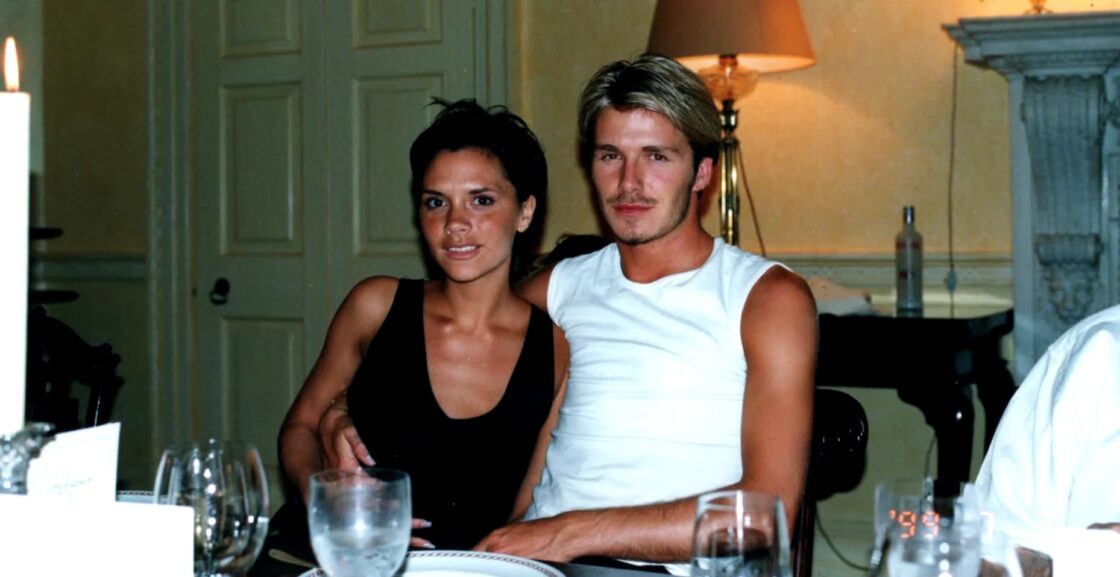
In the Victoria Beckham docuseries on Netflix, the glam celeb reveals how she’s been called many things over the years: Posh Spice, designer, businesswoman, and English football royalty. Now, she adds another title: reluctant confessor. For the first time, in detail, she talks about the eating disorder she carried through the spotlight, the names she was branded with, and how controlling her body became the only thing in her power to control.
The Weigh-In That Changed Everything

One of the most striking moments Beckham revisits is being weighed on television just six months after giving birth to her first son, Brooklyn. The segment was played for laughs, but she remembers humiliation. It’s hard to imagine now, but in the 1990s and early 2000s, women in pop groups, like the Spice Girls, were fair game for public television stunts and jokes about their appearance.
“You lose all sense of reality,” she says in the docuseries, reflecting on how public measurement became private obsession.
From Porky Posh to Skinny Posh
The tabloids never missed a chance to rename Victoria Beckham. When she gained weight, she was “Porky Posh.” When she lost weight, she was “Skinny Posh.” These nicknames weren’t harmless. She explains how the labels stuck, damaging her self-esteem and reshaping how she saw herself in the mirror. According to Beckham, she couldn’t tell where she was actually thin or heavy in reality because the public’s narrative had clouded her judgment.
That constant scrutiny led to years of harsh routines with tightly controlled diets, relentless exercise for hours, and what she describes as “an incredibly unhealthy way” of managing her body.
The Lies You Learn to Tell

At one point in the Victoria Beckham docuseries on Netflix, she admits that eating disorders are built on secrecy. “When you have an eating disorder, you become very good at lying,” she says. She hid her habits from not only the media but from her own parents and other loved ones. That silence was less about deception and more about shame. She convinced herself that she could handle it, even as she sank deeper into patterns that damaged her health and confidence.
Pressure That Never Let Up
The Victoria Beckham docuseries on Netflix makes clear that her problem wasn’t only food or body image, but the pressure cooker of stardom. Every outfit, meal, and photograph became evidence for the press to dissect. She had no control over what papers printed, but she could control her body. And so, she did, obsessively. Her eating disorder became her defense mechanism against a world that refused to let her live in peace.
The irony is that even her most polished moments were shaped by this internal struggle. The glamorous fashion icon known for her precision was also a woman quietly fighting to keep herself from unraveling.
Why Speak Now?

Beckham is careful not to sensationalize her past. Instead, she presents it as a broader story about survival, shame, and how the culture of the late 90s and early 2000s treated women in the spotlight. Her candor adds weight to conversations that have grown louder in recent years: how eating disorders thrive in silence, how media pressure can deepen them, and how fame often magnifies the insecurities that it pretends to erase.
The Takeaway
Victoria Beckham has reinvented herself many times, but this may be her most surprising, relatable transformation. In the Victoria Beckham docuseries on Netflix, she becomes someone willing to step out from behind the polished exterior and admit decades of what was happening. Her honesty reframes her story while challenging the way we think about celebrity and control. She was Posh, then “Porky,” then “Skinny,” and now, finally, she is simply, truthfully, beautifully Victoria.
